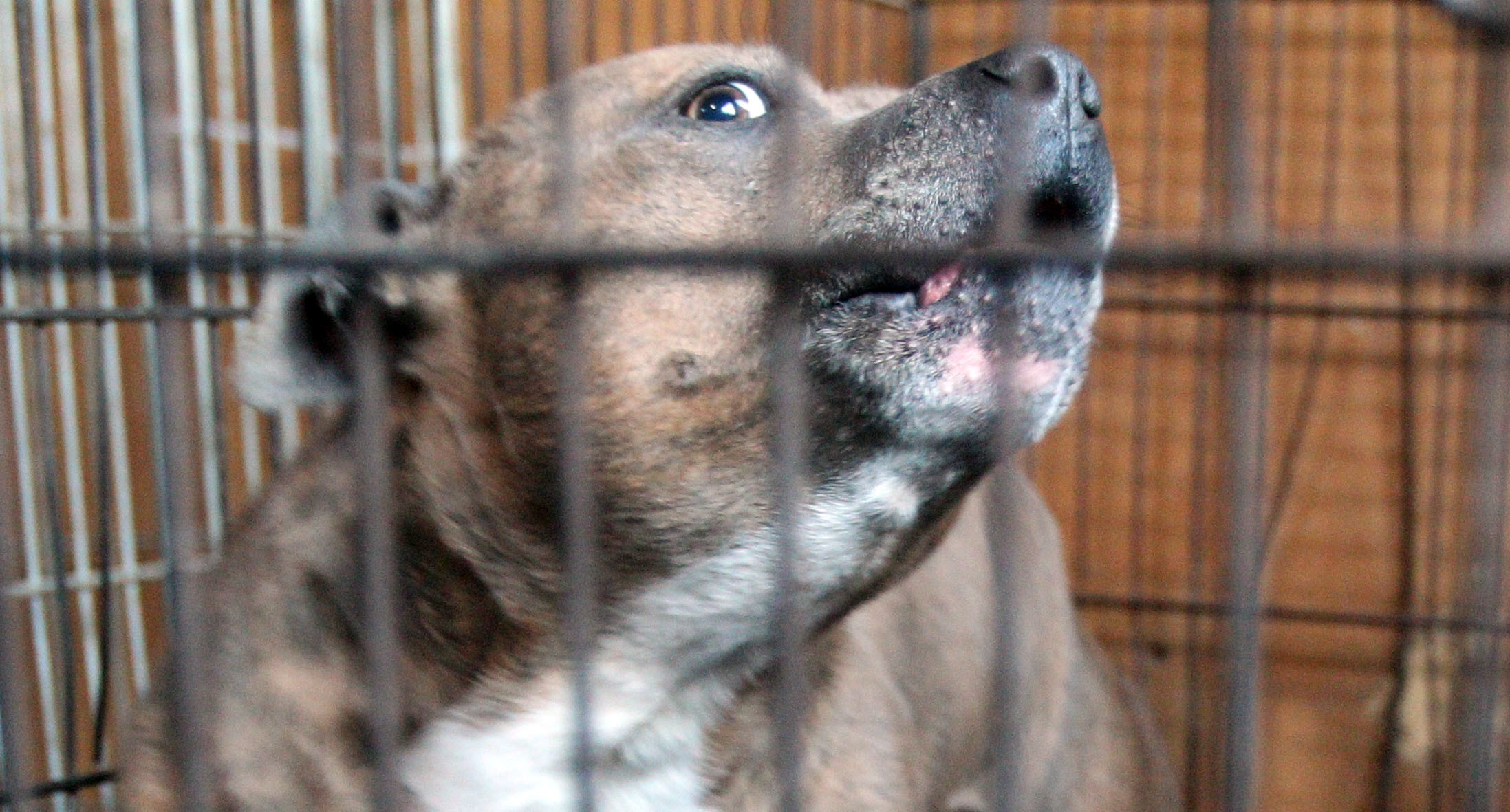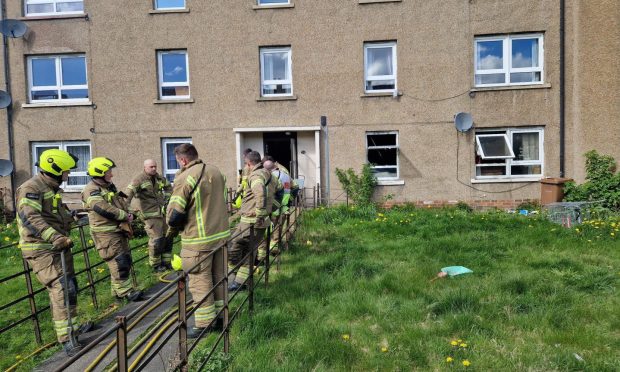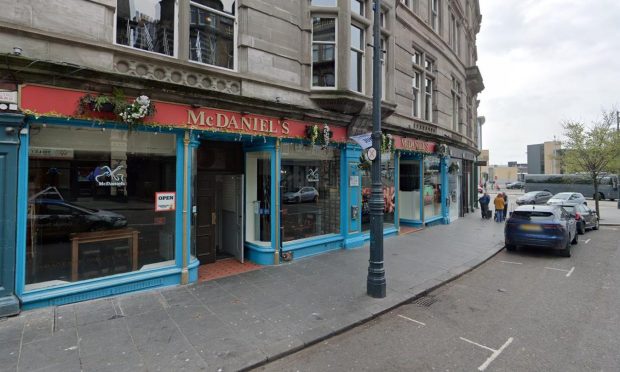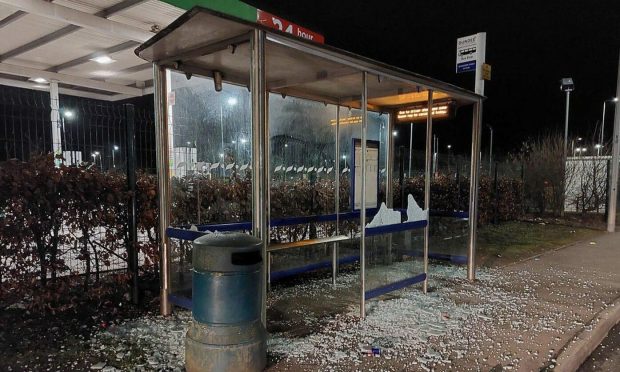Dangerous dogs account for around four complaints to Dundee City Council every week.
The local authority dealt with a total of 206 complaints about dangerous dogs in 2017.
All were investigated by council officers and a total of 43 written warnings and 23 control notices, requiring owners to take a range of steps including muzzling their pet or attending behaviour classes, were issued as a result.
A disproportionate number of warnings were issued to owners of Staffordshire bull terriers. The breed accounted for 12 written warnings and eight control notices.
However, a number of other breeds also featured on the list, including German Shepherds and Jack Russell terriers — on the receiving end of two control orders each — as well as a Yorkshire terrier, a Llhasa Apso and a standard poodle.
Among the 43 written warnings were eight cross-breeds, two English bull dogs, two huskies and two chihuahuas. A number of other breeds chalked up one complaint each.
The figures are contained in a response to a Freedom of Information request.
Dundee City Council said it investigated all complaints and many owners were given verbal warnings, while some of the 206 reports proved to be unsubstantiated or malicious.
The Scottish SPCA said it would be wrong to stigmatise any particular breed and owners had a duty to ensure their dog was not a danger to the public.
Mike Flynn, Scottish SPCA chief superintendent, said: “Any dog, regardless of its breed, can be aggressive through an owner’s lack of training or through deliberate encouragement of bad behaviour.
“It is ultimately the responsibility of the owner to ensure their pet is kept under control at all times. Anyone with an animal that shows aggression towards another animal or person has a responsibility to rectify this problem immediately through training or veterinary advice.”
The Control of Dogs Act 2010 makes it an offence for an animal to be out of control in a public or private place.
The law is enforced by the local authority and dog control notices can require a number of steps to prevent attacks.
Owners are monitored by the council and can face penalties, such as fines of up to £1,000 or disqualification from owning a dog, if they fail to take heed.
Dundee City Council was asked to comment on the figures but did not respond.










